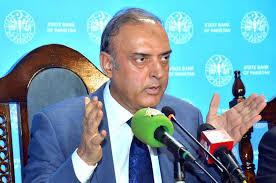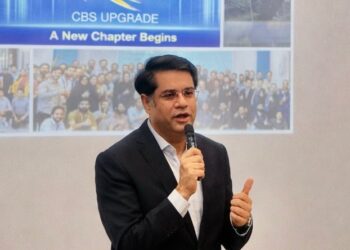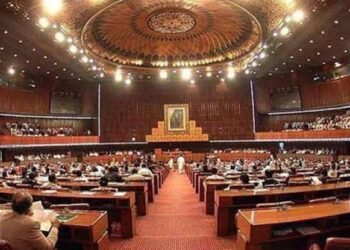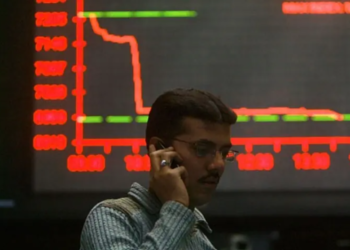KARACHI; The State Bank of Pakistan (SBP) on Wednesday kept its benchmark policy rate steady at 11 per cent, marking the second consecutive meeting in which the central bank held off on further rate cuts, citing emerging inflationary risks and the need to maintain macroeconomic stability.
The decision comes after the SBP had slashed the rate by a total of 11 percentage points (1,100 basis points) since June 2024, in a series of reductions across seven policy meetings. The most recent cut brought the rate down to 11% in May 2025, after which the central bank opted to keep it unchanged in both June and July.
In a press release, the SBP’s Monetary Policy Committee (MPC) acknowledged that headline inflation had slowed considerably in June to 3.2% year-on-year, largely driven by a drop in food prices. Core inflation, which excludes volatile food and energy prices, also eased slightly.

However, the committee cautioned that inflationary pressures could re-emerge due to larger-than-expected adjustments in energy prices, particularly higher gas tariffs. Despite this, the SBP maintained that inflation was still expected to remain within the target range of 5% to 7% in the coming months.
The SBP noted encouraging signs of economic recovery, supported by earlier rate cuts. However, it warned that the trade deficit is likely to widen in FY26 as domestic demand picks up, while global trade continues to slow. Against this backdrop, the MPC deemed it necessary to maintain the current interest rate to ensure price stability.
Additionally, the central bank highlighted that its foreign exchange reserves had surpassed $14 billion, thanks to improved financial inflows and a surplus in the current account. It also pointed to a recent upgrade in Pakistan’s sovereign credit rating, which had led to a drop in Eurobond yields and reduced credit default swap (CDS) spreads — indicators of increased investor confidence.
The MPC also reviewed inflation expectations based on recent surveys, noting a slight increase in inflation expectations among consumers but a decline among businesses. Meanwhile, tax revenue collection by the Federal Board of Revenue (FBR) in FY25 amounted to Rs11.7 trillion, falling short of its revised target by Rs200 billion.
On the external front, the SBP flagged persistent volatility in global oil prices and rising metal prices as risk factors. Additionally, uncertainty surrounding international trade tariffs has kept global central banks cautious in adjusting monetary policy.
“In light of these factors, the MPC assessed that the real interest rate remains sufficiently positive to support inflation within the target range. The committee stressed the importance of maintaining a cautious monetary and fiscal policy mix to safeguard macroeconomic stability,” the SBP statement said. It also reiterated that without comprehensive structural reforms, sustainable high growth will remain elusive.
Market analysts had mixed reactions. Awais Ashraf, director of research at AKD Securities, said that clarity on inflation and continued currency stability could open the door for rate cuts into the single digits in the near future.
However, the Pakistan Business Forum (PBF) criticised the central bank’s decision. It argued that the 11% rate is unjustified at a time when CPI inflation has dropped to around 4%. The PBF urged Prime Minister Shehbaz Sharif to intervene and called on the SBP to reduce the policy rate to at least 9% in its upcoming monetary policy announcement on July 30.





































































